
Fall Checklist for Preparing Your Horse Property for Winter
Use this checklist of fall horse property chores to better prepare yourself and your horses for the upcoming winter months.


Use this checklist of fall horse property chores to better prepare yourself and your horses for the upcoming winter months.

Grazing horses at night can help keep them at a healthy weight and reduce their sugar intake.

How to design a multitiered insect control plan to combat flies, mosquitoes, midges, and more.

Pasture maintenance is necessary for controlling weedy grass species that can be dangerous to horses.

Insect-bite hypersensitivity can become a serious issue for horses that react to fly and midge bites.

Here’s what you need to know about turnout location, fencing, footing, and enrichment for horses on smaller properties.
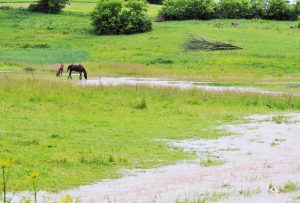
Improving drainage and diverting water runoff will help keep your horses and farm safe.
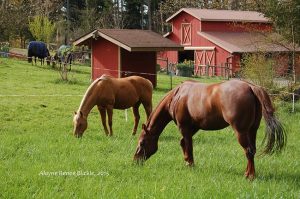
These practices will help minimize odors on your farm to keep you, your horses, and your neighbors healthy and happy.
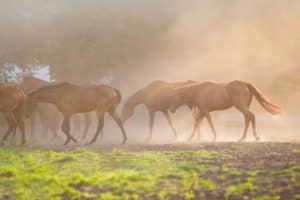
Keep dust to a minimum in arenas, barns, and paddocks for both aesthetic and health reasons.

Demand is soaring for hay among horse owners due to the drought’s effects.

6 tips for stocking up on winter hay for horses when it is hard to find.
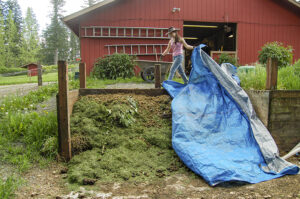
Implementing these practices will benefit you, your horse, your property, and your neighborhood.

Improve the aesthetics of your horse farm while contributing to the health and well-being of bees, butterflies, and other beneficial members of our planet.
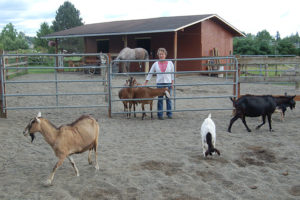
Are your horses bored during the winter and early spring months? One farm owner offers ideas to keep them entertained.
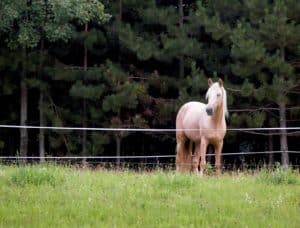
This portable and cost-effective barrier comes in handy when managing pastures, traveling with horses, and more.

Fall is a great time to renovate horse pastures and ready them for winter.
Stay on top of the most recent Horse Health news with